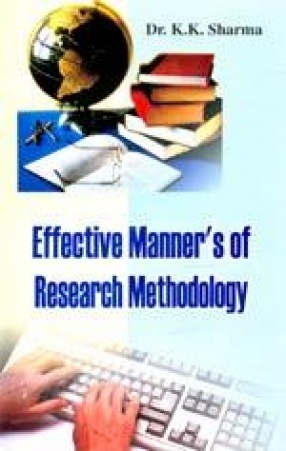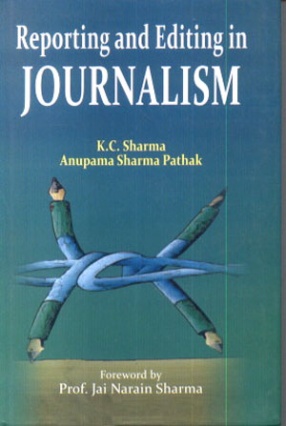Human beings’ desire to know more about their world has led them from primitive superstition to modern scientific knowledge. From mysticism, dogma, and the limitations of unsyste-matic observation based upon personal experience, they have examined the process of thinking itself to develop the method of deductive-inductive thinking, which has become the founda-tion of scientific method. Although first applied as a method of the physical sciences, the process of scientific inquiry has also become the prevailing method of the behavioural sciences. There is no single scientific method, for scientists carry on they investigation in a number of ways. However, accuracy of observation and the qualities of imagination, creativity, objectivity, and patience are some of the common ingredients of all scientific methods. The hypothesis is an essential research device that gives a focus to the investigation and permits researchers to reach probability conclusions. After researchers formulate an affirmative research hypothesis at the outset of their project. Research has been defined as the systematic and objective analysis and recording of controlled observations that may lead to the development of generalizations, principles, or theories, resulting in prediction and possibly ultimate control of events. The characteristics of research that may help to clarity its spirit and meaning have been presented.
Effective Manner’s of Research Methodology
In stock
Free & Quick Delivery Worldwide
reviews
Bibliographic information
Title
Effective Manner’s of Research Methodology
Author
Edition
1st ed.
Publisher
Mahaveer & Sons, 2007
ISBN
9788183771153
Length
viii+221p., Tables; Index; 23cm.
Subjects








There are no reviews yet.